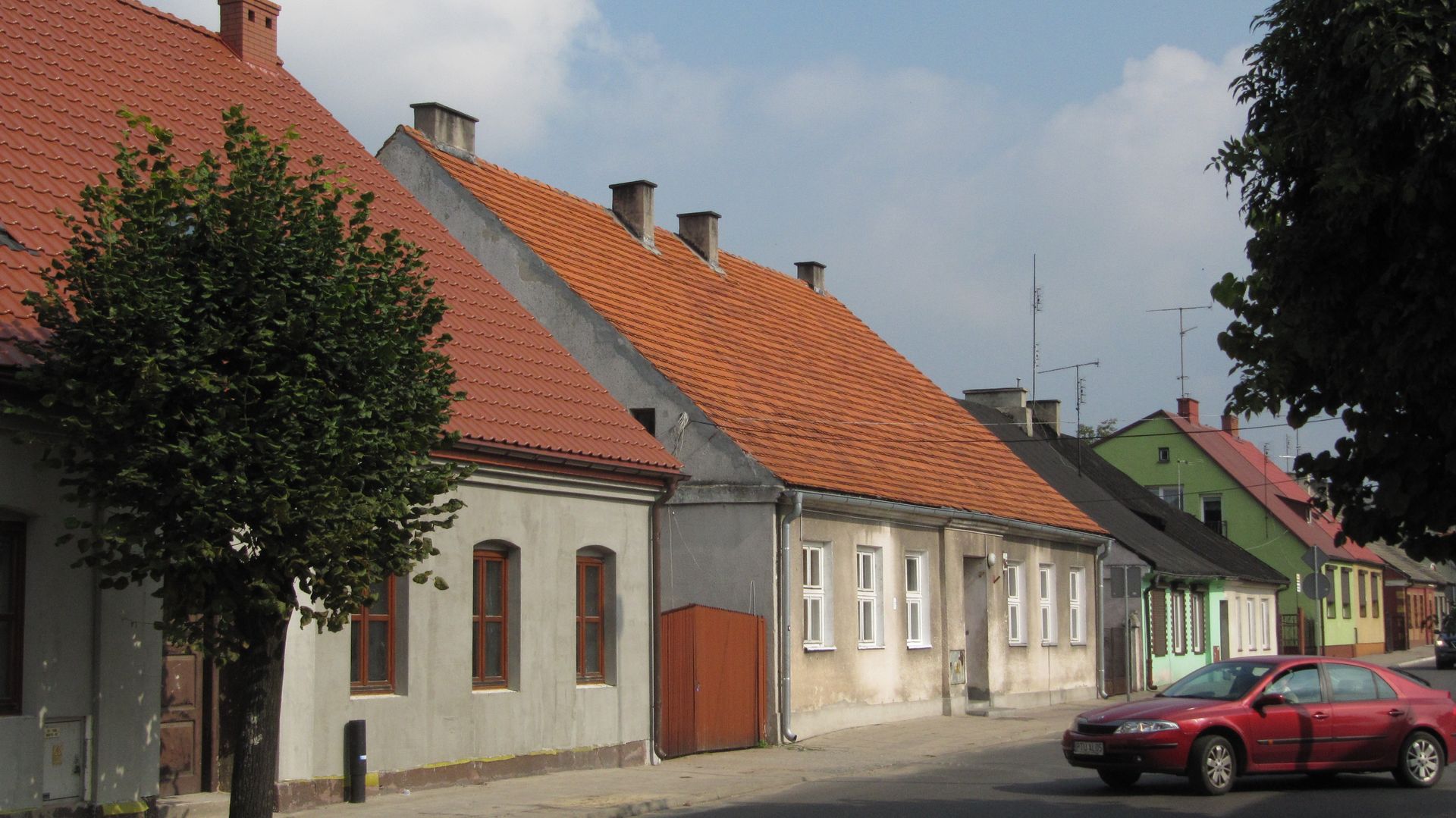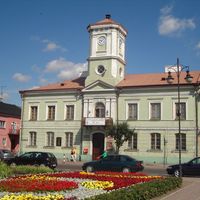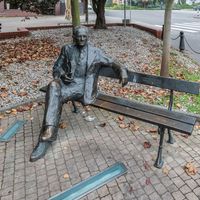Turek
6.58

Overview
Turek is a town and municipality located in the Greater Poland Voivodeship, serving as the seat of Turek County. With historical roots dating back to the 6th century BCE and the first written records from 1136, Turek was once an ecclesiastical estate, which significantly influenced its history and development. The town was granted municipal rights in 1341, and its architecture reflects the influence of the Archbishops of Gniezno, who governed it for many centuries. Sites such as the Neo-Gothic Church of the Sacred Heart of Jesus and the town hall, now home to the Museum of Weaving Crafts, bear witness to the region's rich past and weaving traditions. In the 19th century, the town experienced industrial growth with the arrival of weavers from Bohemia and Saxony, laying the foundations for the development of the textile industry. In the 20th century, Turek gained renown as an industrial center with the establishment of the "Adamów" Brown Coal Mine and the "Adamów" Power Plant, which supplied significant amounts of electricity to the country. Interestingly, the power plant ceased operations in early 2018, and the town underwent a period of transformation, becoming an investment zone. Turek hosts various cultural events, such as the SCABB Festival and Turek Days, which promote local art and traditions. The town also boasts extensive sports infrastructure, including an arena, a stadium, and various recreational facilities. Turek is culturally diverse, with two Roman Catholic parishes and Evangelical churches. International cooperation is evident through partnerships with towns in Germany, Romania, and Turkey. In Turek, it is worth noting its historic center and numerous surviving craft traditions, which make it an interesting point on the map of Greater Poland.
Location
You can also find here:
2026 Wizytor | All Rights Reserved

